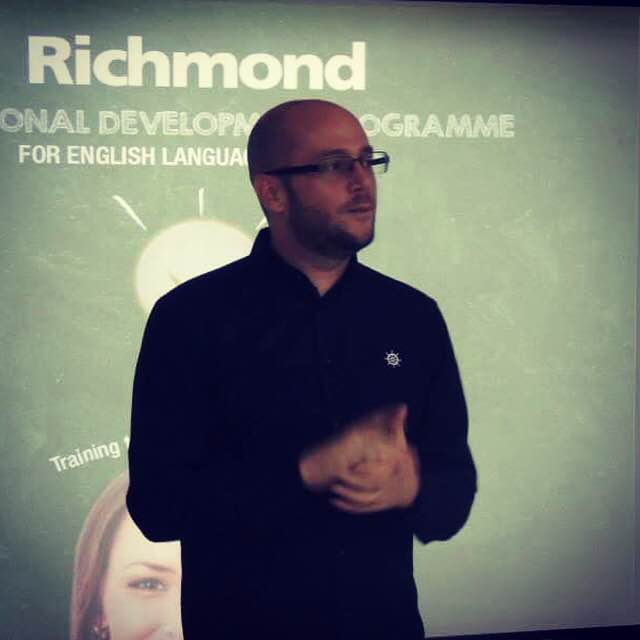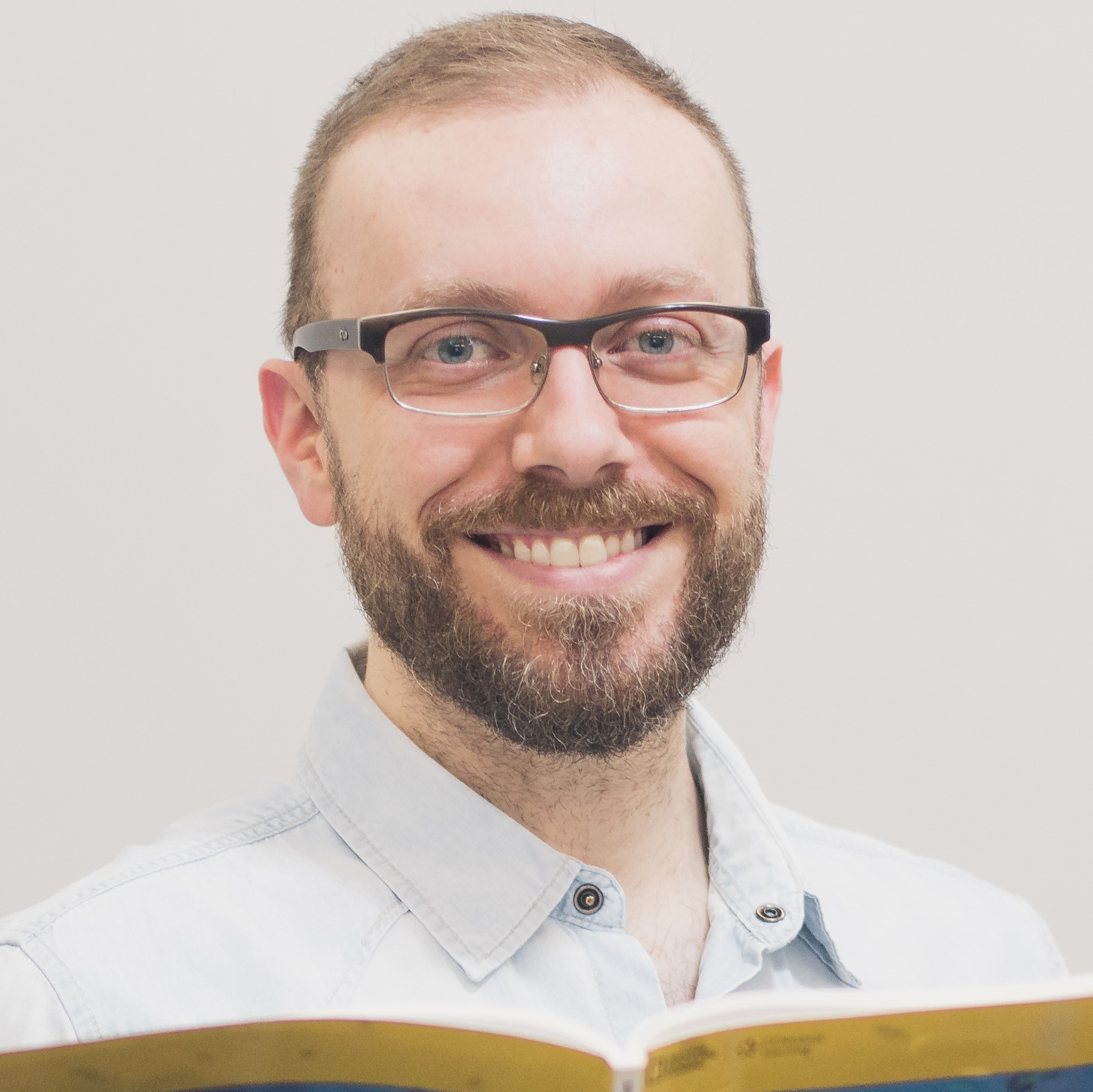A Simple Step Towards Professional Development: Reading
 A few years ago I had to catch up with a lot of reading for the DELTA module 1, aka Reading for DELTA module. At first, the amount of reading I was supposed to do in such a short time was overwhelming. I wasn’t sure if I was up for the task, but as those months went by, those books grabbed me and the more I read and learned, the more those books strengthened my interest.
A few years ago I had to catch up with a lot of reading for the DELTA module 1, aka Reading for DELTA module. At first, the amount of reading I was supposed to do in such a short time was overwhelming. I wasn’t sure if I was up for the task, but as those months went by, those books grabbed me and the more I read and learned, the more those books strengthened my interest.
Having a background in linguistics and a keen interest in language learning and teaching, what had seemed to be such an overwhelming task at first soon became reading for pleasure.
Needless to say, ongoing professional development calls for exploring, revisiting, and learning concepts so that we can spark new perspectives and gain solid knowledge of the language we teach. That said, I seek every possible opportunity to read and delve into my field to understand the basics and the principles of what I do and what and how I teach in my classes.
So, here’s a principle that guides my practice and how I apply it in my classes.
Reading for vocabulary growth
“There is no doubt that reading is an important potential source of vocabulary development for second language learners as it is for first language learners. However, there are some problems with the notion that vocabulary growth through reading requires little effort. Bathia Laufer (1992) and others have shown that it is difficult to infer the meaning and learn new words from reading unless one already knows 95 percent or more of the words in a text.”
(Lightbown, P.M. and Spada, N. 2006 (Third Edition). How Languages are Learned: OUP)
How I apply this concept in classes:
Not only do I encourage my students to read for pleasure, but I also encourage them to avoid difficult texts basically because reading needs to be a positive experience in such a way that they are motivated to repeat it. The more they read, the more encounters with words they have. This cycle will eventually enable them to read more complex texts and yet find them easier.
In his book Vocabulary in Language Teaching (CUP, 2008), Norbert Schmitt argues that learners need repeated exposures to texts to learn a significant number of words, which backs up the reason why reading needs to be both meaningful and enjoyable for learners. Stumbling upon too many unknown words can be daunting whether it is a text dealt with in class or a novel. Students tend to lose focus and interest in reading, which can prevent them from benefitting from texts as a source of vocabulary. On the other hand, being able to guess the meaning of words from context does not ensure retention. According to Schmitt, “if a word is easy to guess, then a learner will infer it quickly with the minimum amount of mental processing in order to carry on with reading.”
Lightbown & Spada go further to say that according to research, “vocabulary development is more successful when learners are fully engaged in activities that require them to attend carefully to the new words and even to use them in productive tasks.”
Rather than just ask my students to guess the meaning of words from the context, I pre-teach key vocabulary and encourage them to make sentences with the new expressions and to attend to meaning, pronunciation, and a few collocations before seeing it in a text. Being familiar with the words in a text and being able to fully enjoy it gives learners an enormous sense of achievement and that ‘Wow, I know it‘ feeling we all like to experience.
I believe that students benefit greatly when teachers are prepared to go beyond course books and teachers’ guides. Taking ownership of our professional development through reading is a major step we can take and it is also an easy one. It gives us autonomy to make decisions regarding our practice and also opens doors to new possibilities. Additionally, reading allows us to process and reflect on information at our own pace.
Here are two great books in case you would like to start your own reading journey towards professional development.
Lightbown, P.M. and Spada, N. 2006 (Third Edition). How Languages are Learned: OUP
Schmitt, N. 2008. Vocabulary in Language Teaching: Cambridge University Press






